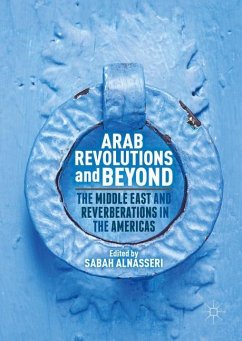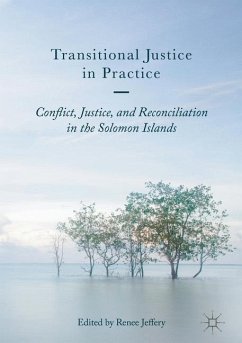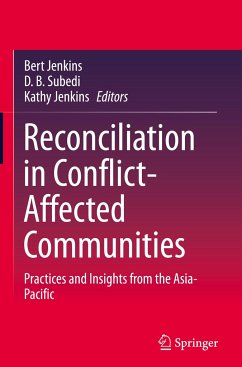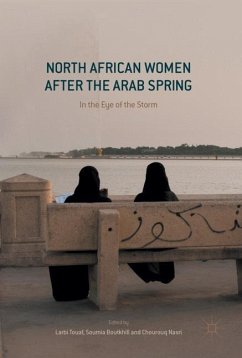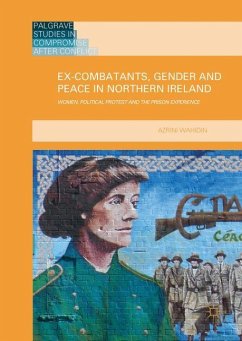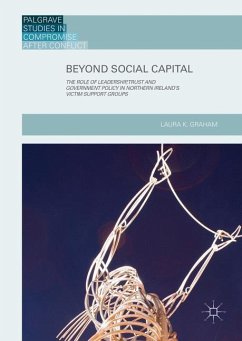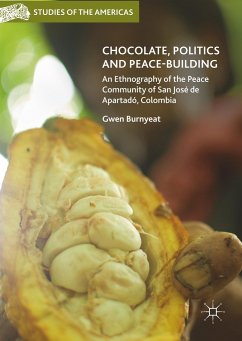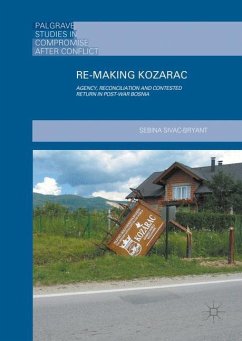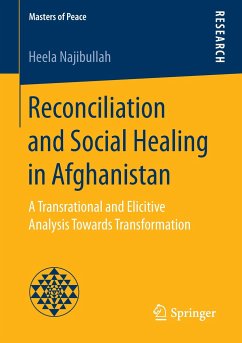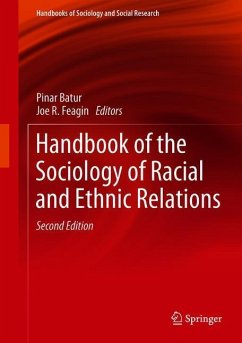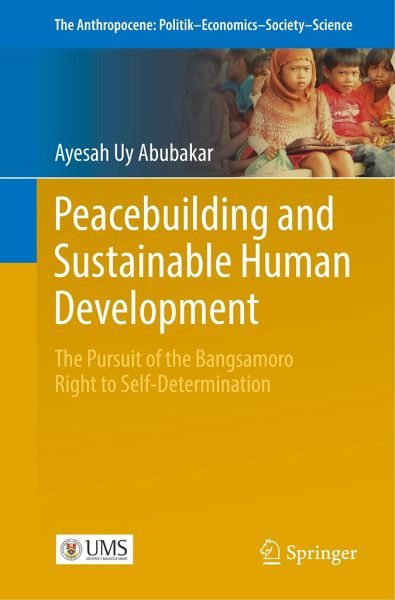
Peacebuilding and Sustainable Human Development
The Pursuit of the Bangsamoro Right to Self-Determination

PAYBACK Punkte
23 °P sammeln!
This book presents the protracted right to self-determination conflict between the Philippine state and the Bangsamoro group in Mindanao, Philippines. In the five decades of attempts to achieve peace, a key element is the Bangsamoros' search for a kind of development that is compatible with their aspirations for freedom and their future. This book presents a study of the Bangsamoro communities and their social constructions of conflict, peace and development. It examines the viability of the sustainable human development framework for application in their challenging realities. The usefulness ...
This book presents the protracted right to self-determination conflict between the Philippine state and the Bangsamoro group in Mindanao, Philippines. In the five decades of attempts to achieve peace, a key element is the Bangsamoros' search for a kind of development that is compatible with their aspirations for freedom and their future. This book presents a study of the Bangsamoro communities and their social constructions of conflict, peace and development. It examines the viability of the sustainable human development framework for application in their challenging realities. The usefulness of the sustainable human development framework lies not only in its use of human development parameters like the Human Development Index. It also provides an approach towards development that synergizes with the sustainable peace framework - an imperative for Mindanao. At the centre of this approach is the Participatory Rural Appraisal and Participatory Learning and Actionmethodology foreliciting responses, stimulating discussion, documenting verbal and non-verbal ideas and carrying out small-scale projects to demonstrate community participation.
The book concludes with two main points: that (a) both sustainable human development and peacebuilding are mutually reinforcing frameworks aimed at achieving the same human development goals, and (b) the pursuit of the right to self-determination is enhanced, as both frameworks are combined to provide a context for the attainment of peace in Mindanao.
The book concludes with two main points: that (a) both sustainable human development and peacebuilding are mutually reinforcing frameworks aimed at achieving the same human development goals, and (b) the pursuit of the right to self-determination is enhanced, as both frameworks are combined to provide a context for the attainment of peace in Mindanao.



